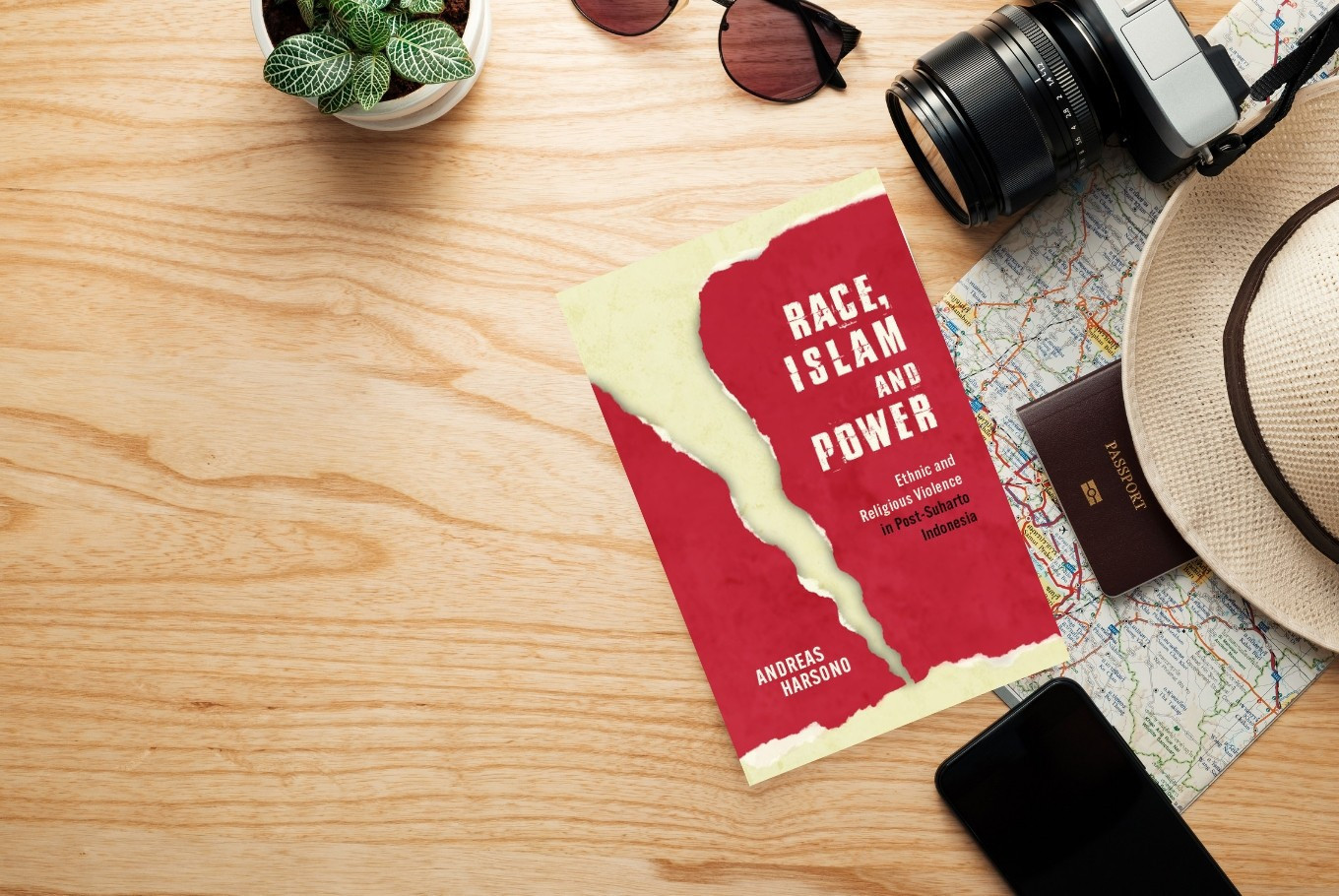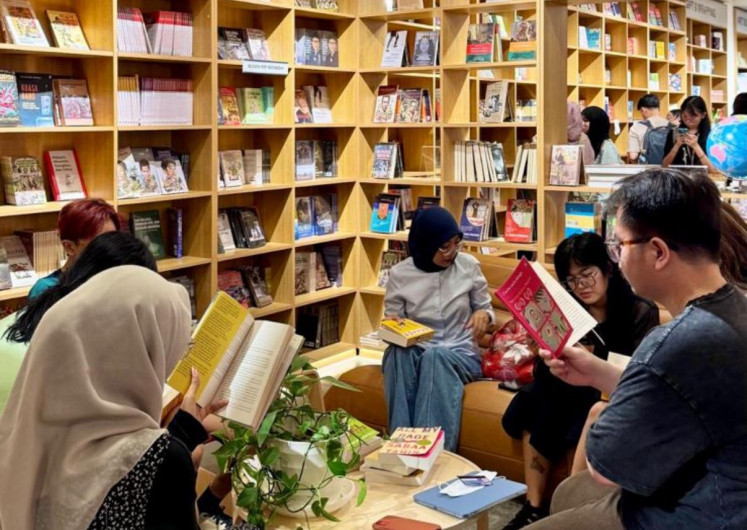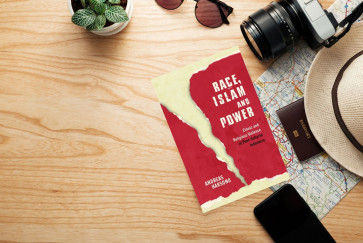Popular Reads
Top Results
Can't find what you're looking for?
View all search resultsPopular Reads
Top Results
Can't find what you're looking for?
View all search results‘Race, Islam and Power’: A troubling tour through a pained land
Human rights activist Andreas Harsono’s new book Race, Islam and Power shows the damage incurred on “wonderful Indonesia” as a result of violence.
Change text size
Gift Premium Articles
to Anyone
V
isiting outlying islands in this sprawling archipelago reveals an unease felt about Java, “the denominator of Indonesia”. From Aceh to West Papua live citizens who see the nation’s largest ethnic group as oppressive colonialists.
First President Sukarno used a common language, universal education and the non-denominational Pancasila philosophy to create the “unitary state”.
When these did not work, persuasion turned to force.
In his new book Race, Islam and Power, human rights activist Andreas Harsono explains the damage incurred on “wonderful Indonesia” as a result of violence.
This was never meant to be a jolly travelogue. The author quotes West Sumatran poet Leon Agusta (1938-2015): “They’re the two most dangerous words in Indonesia: Islam and Java”, to which Andreas adds: “Muslim majority and Javanese dominance”.
Despite efforts from people like Andreas to bring human rights issues to the fore, this year’s election campaigns focused little on such issues.
Nevertheless, perhaps some voted against Prabowo Subianto because of questions about the former general’s actions in the Army. Others might have rejected Joko “Jokowi” Widodo, reasoning that he dodged confronting post-1965 cases of persecution, despite having previously promising to open discussion on human rights.



















